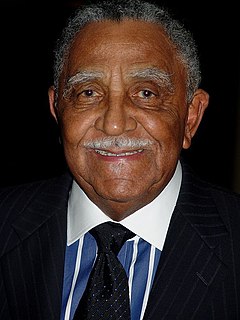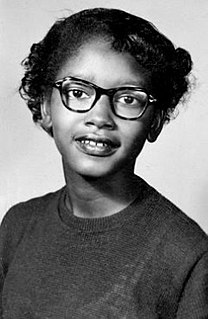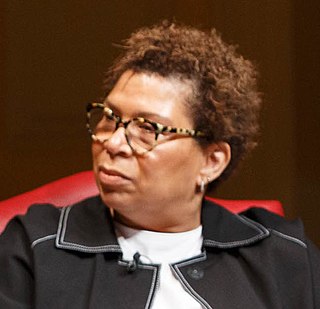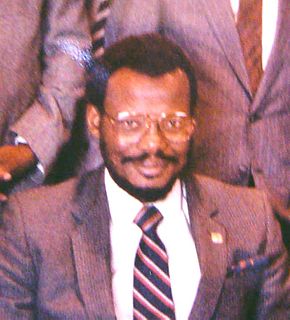A Quote by Joseph Lowery
I think the Montgomery bus boycott initiated an era of self-determination.
Quote Topics
Related Quotes
The majority of the Negroes who took part in the year-long boycott of Montgomery's buses were poor and untutored; but they understood the essence of the Montgomery movement; one elderly woman summed it up for the rest. When asked after several weeks of walking whether she was tired, she answered: "My feet is tired, but my soul is at rest.
Nixon was the one force in Montgomery for a number of years that made any effort in the direction of challenging the power structure. Ed Nixon's source of direction for that comes out of his relationship with the Brotherhood of Sleeping Care Porters and the Randolph philosophy of mass action. So, Ed Nixon really was the force that conceived of the boycott and drew up the original papers for the boycott.
I am committed to furthering the self-determination of Indian communities but without terminating the special relationship between the Federal Government and the Indian people. I am strongly opposed to termination. Self-determination means that you can decide the nature of your tribe's relationship with the Federal Government within the framework of the Self-Determination Act, which I signed in January of 1975.
What should we call him?" Klaus asked. "You should call him Dr. Montgomery," Mr. Poe replied, "unless he tells you to call him Montgomery. Both his first and last names are Montgomery, so it doesn't make much difference." "His name is Montgomery Montgomery?" Klaus said, smiling. "Yes, and I'm sure he's very sensitive about that, so don't ridicule him," Mr. Poe said, coughing again into his handkerchief.
The anniversary of the Montgomery boycott was being celebrated, and the handbill that was out, and all whatever literature that was circulated, didn't say practically anything about movement or what the movement stood for, what it had done, or anything, but was simply adulation of the leader, you know, [Martin Luther] King.
































